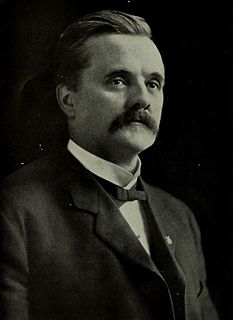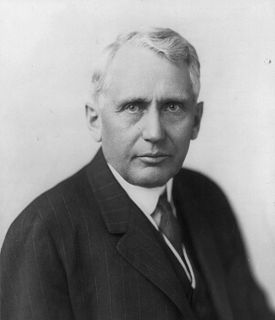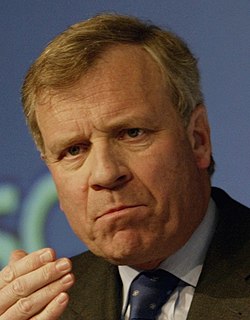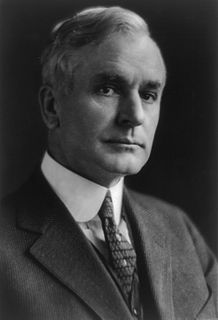A Quote by George William Norris
During practically all of my public life, I have been a sincere advocate of an agreement between the leading nations of the world to set up all the necessary international machinery that would bring about a practical abolition of war between civilized nations.
Related Quotes
If the resources of different nations are treated as exclusive properties of these nations as wholes, if international economic relations, instead of being relations between individuals, become increasingly relations between whole nations organized as trading bodies, they inevitably become the source of friction and envy between whole nations.
World War II was fought for the abolition of racial exclusiveness, equality of nations and the integrity of their territories, liberation of enslaved nations and restoration of their sovereign rights, the right of every nation to arrange its affairs as it wishes, economic aid to nations that have suffered and assistance to them in attaining their material welfare, restoration of democratic liberties, and destruction of the Hitlerite regime.
That there are men in all countries who get their living by war, and by keeping up the quarrels of nations, is as shocking as it is true; but when those who are concerned in the government of a country, make it their study to sow discord and cultivate predjudices between nations, it becomes the more unpardonable.
No one walks so safely as one who walks humbly and harmlessly with great love and great faith. For such a person gets through to the good in others (and there is good in everyone), and therefore cannot be harmed. This works between individuals, it works between groups and it would work between nations if nations had the courage to try it.
It's a little hard to avoid putting both war and politics in, in that they both come into the activity, but on their own. My basic idea is to do a great love film set in the hell of 1942. At that moment, hell was Leningrad. Underneath all this, of course, is a film about dissension between the two most important countries in the world, the United States and the Soviet Union. I think it is a must at this point to talk about cooperation instead of the rancor and hatred and competition between nations.
Bring the absolute power to destroy other nations under the absolute control of all nations. Weapons of war must be abolished before they abolish us...No longer is the quest for disarmament a sign of weakness, (nor) the destruction of arms a dream - it is a practical matter of life or death. The risks inherent in disarmament pale in comparison to the risks inherent in an unlimited arms race.
Following World War II, the U.S. was the architect of the UN system, and the world financial system, and the Human Rights Declaration, and of course the United Nations is based here in New York City. But, unfortunately, especially in the last decade, the U.S. really has been turning its back on international agreements and the set of agencies and procedures that they create as a means for governing the world.
































